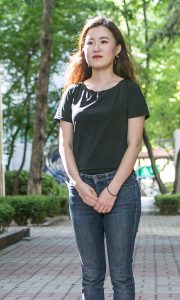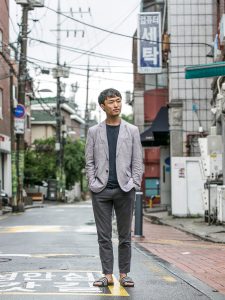In rare move, North Korea releases detained South Korean
North Korea released a South Korean citizen on Tuesday who was detained in the North last month, a rare humanitarian gesture welcomed by the South Korean government. The 34-year-old man, who was identified only by his last name, Seo, was arrested in North Korea for illegal entry on July 22.
South Korea’s Unification Ministry released no further details, citing a pending investigation. The man will probably face criminal charges in South Korea because of a national law that bars citizens from visiting the North without government permission.
Tuesday’s repatriation came as the North is mounting pressure on South Korea to return those citizens it says are being held in the South against their will. Two North Koreans, Kim Ryen-hi and Kwon Chol-nam, are campaigning for their repatriation to the North, saying that their decisions to defect were mistakes.
North Korea is also demanding the return of 12 waitresses who arrived in South Korea in 2016 in a group defection.
[New York Times]


